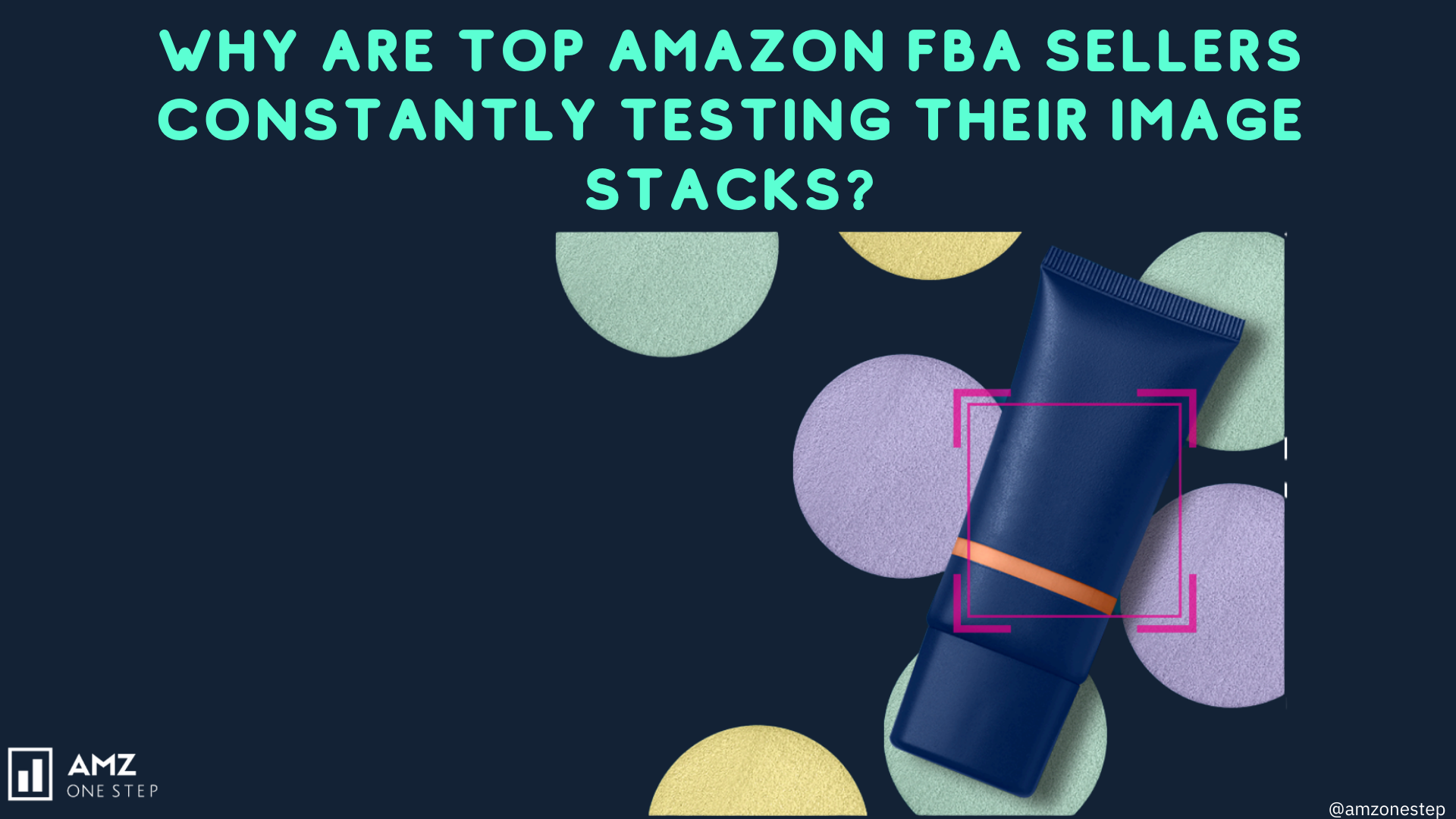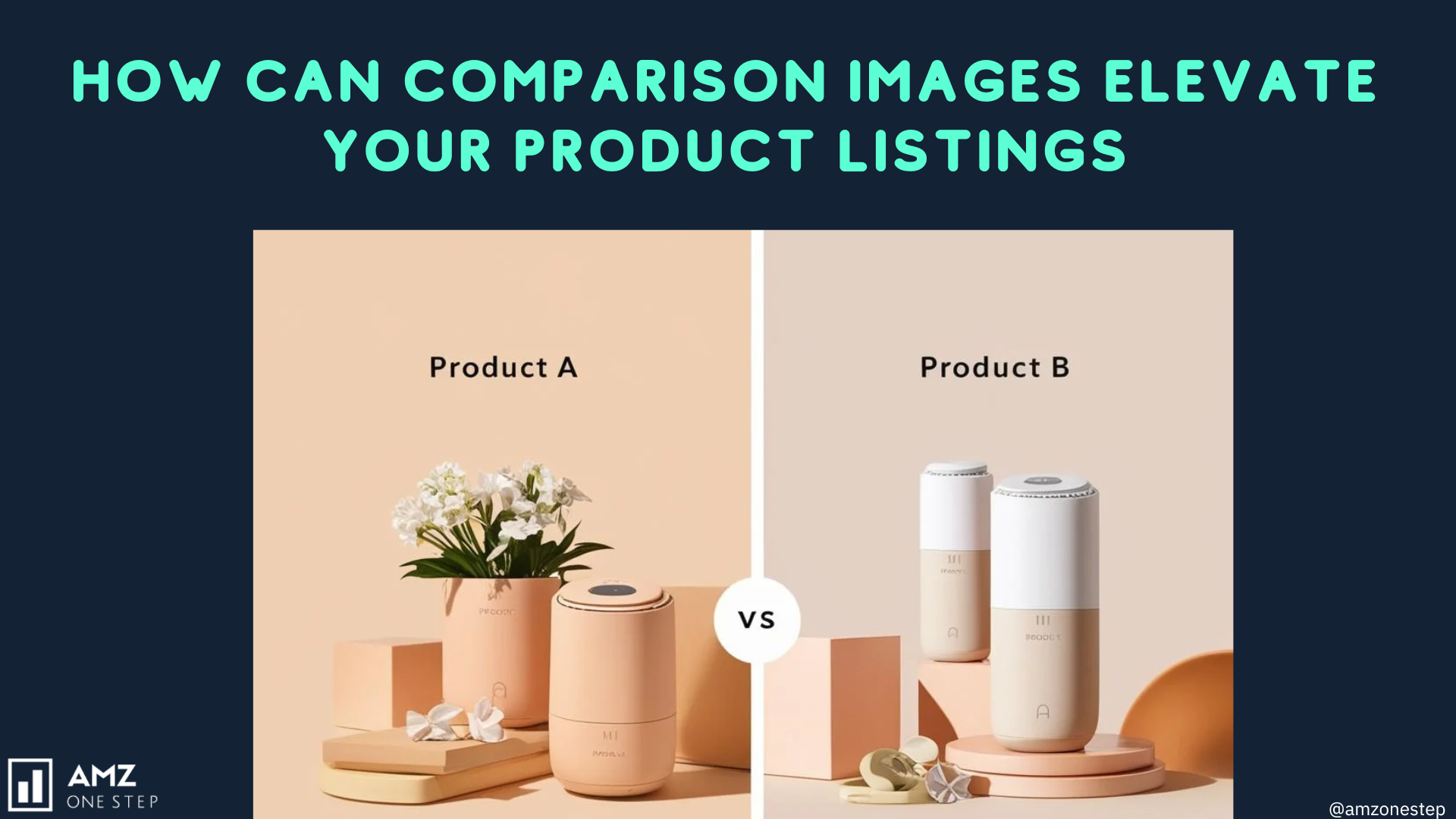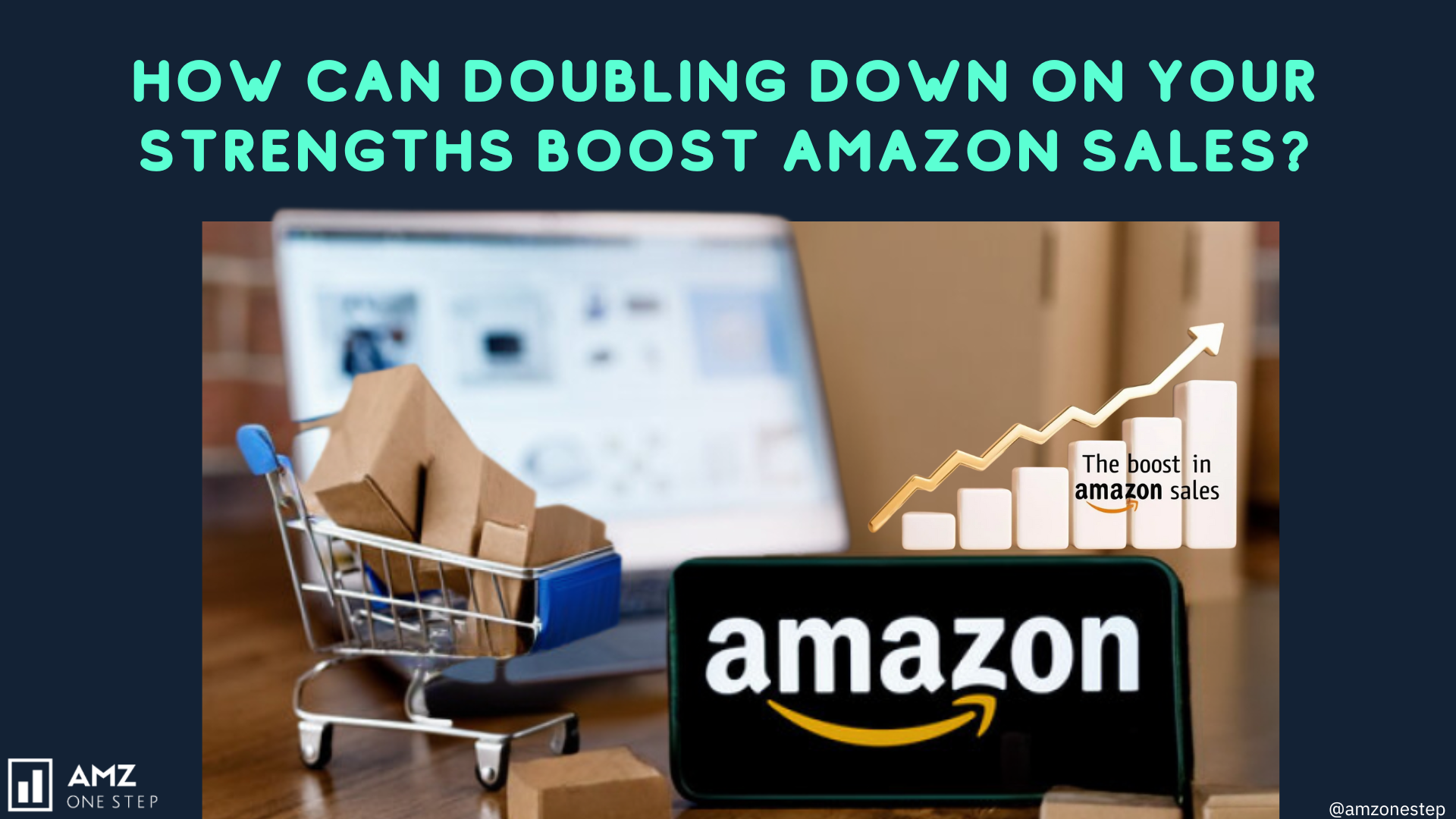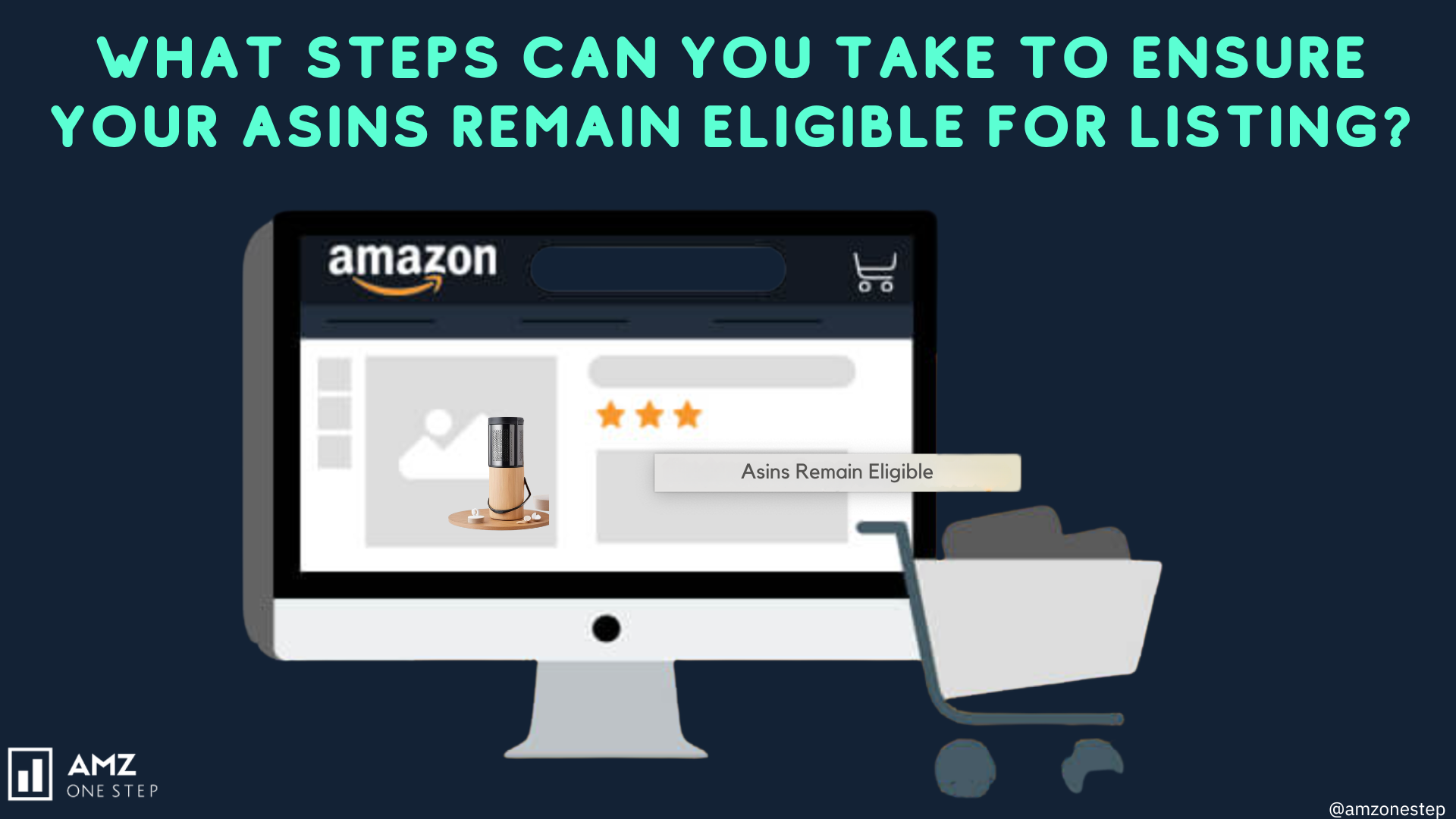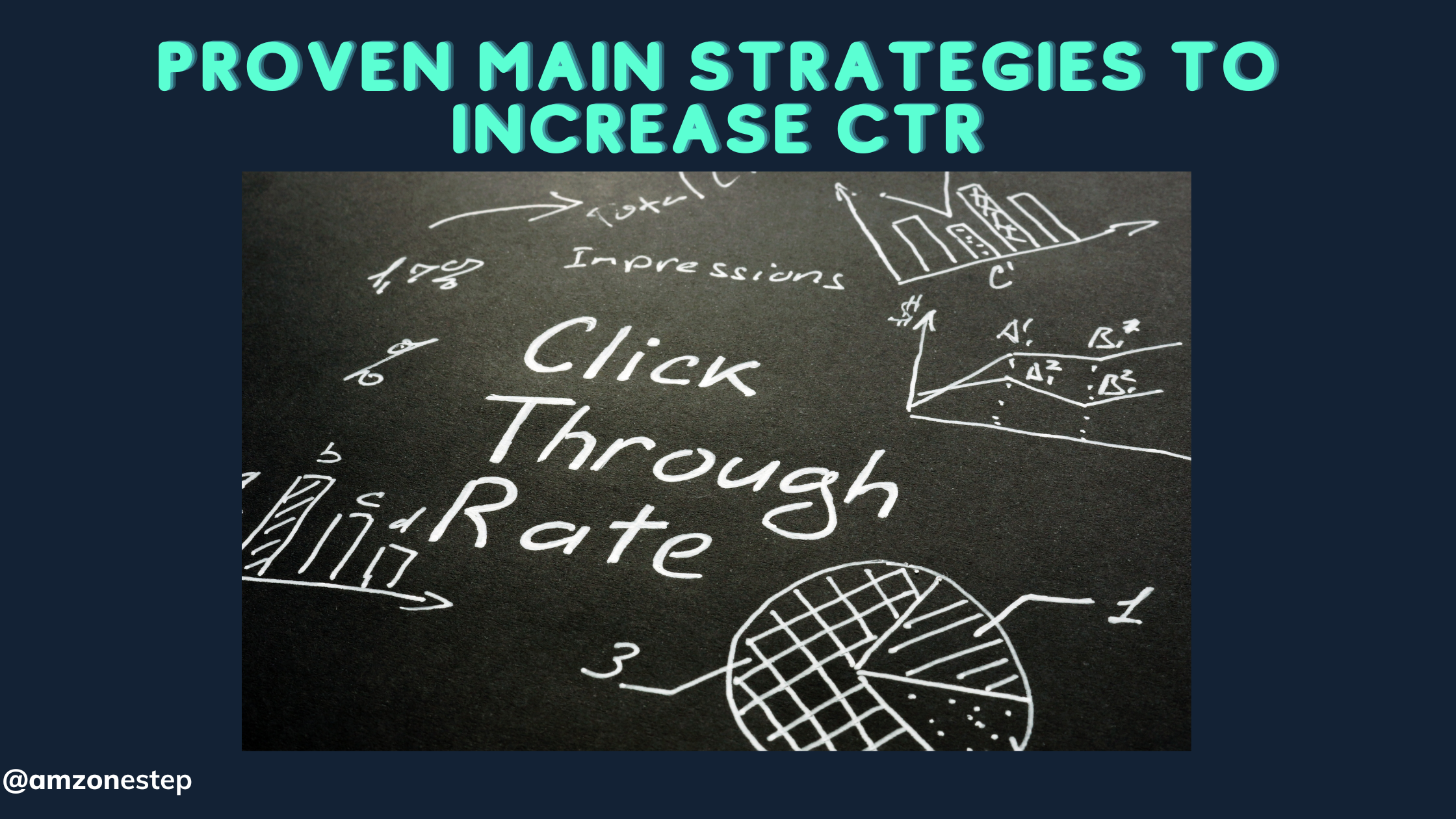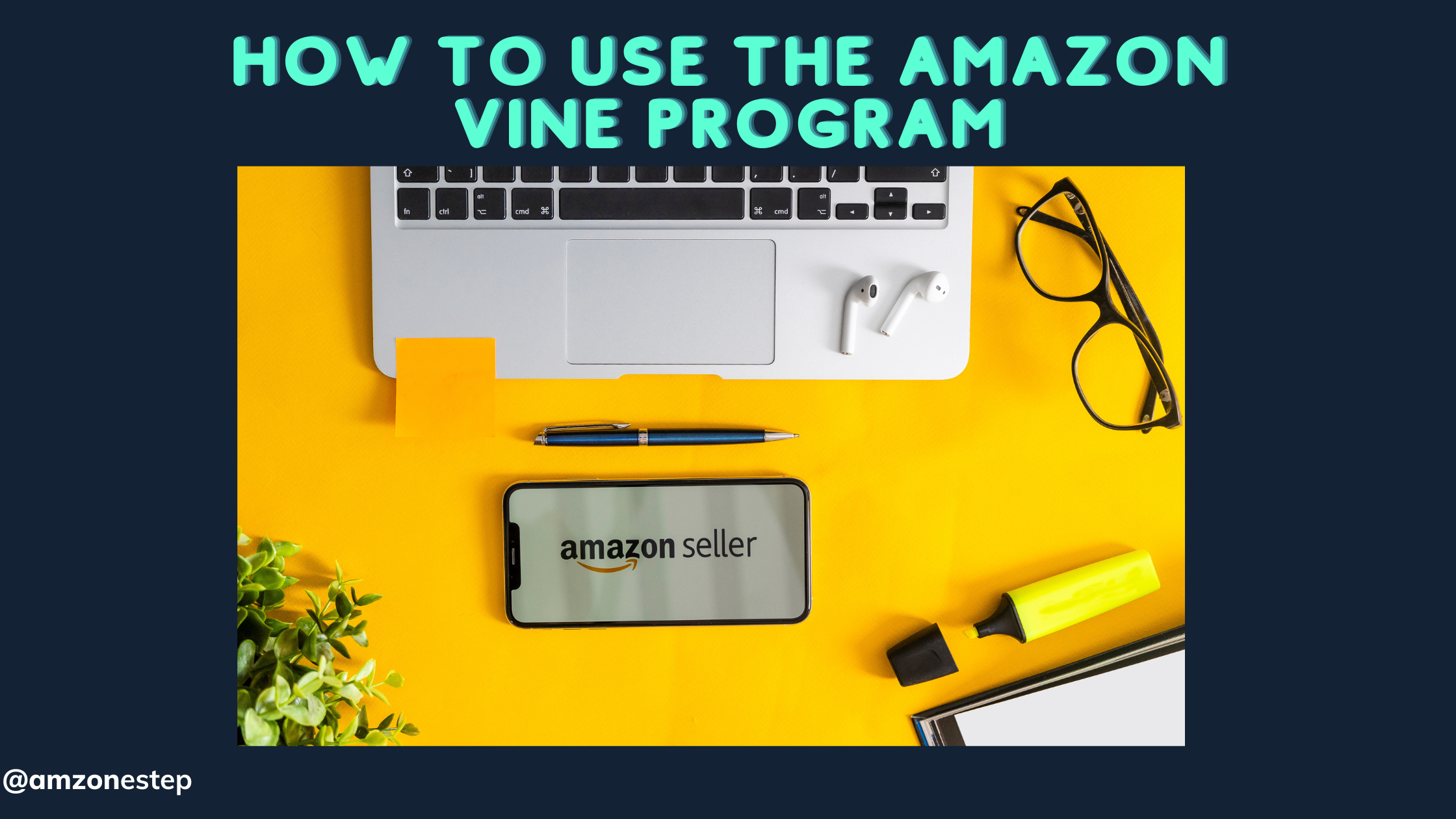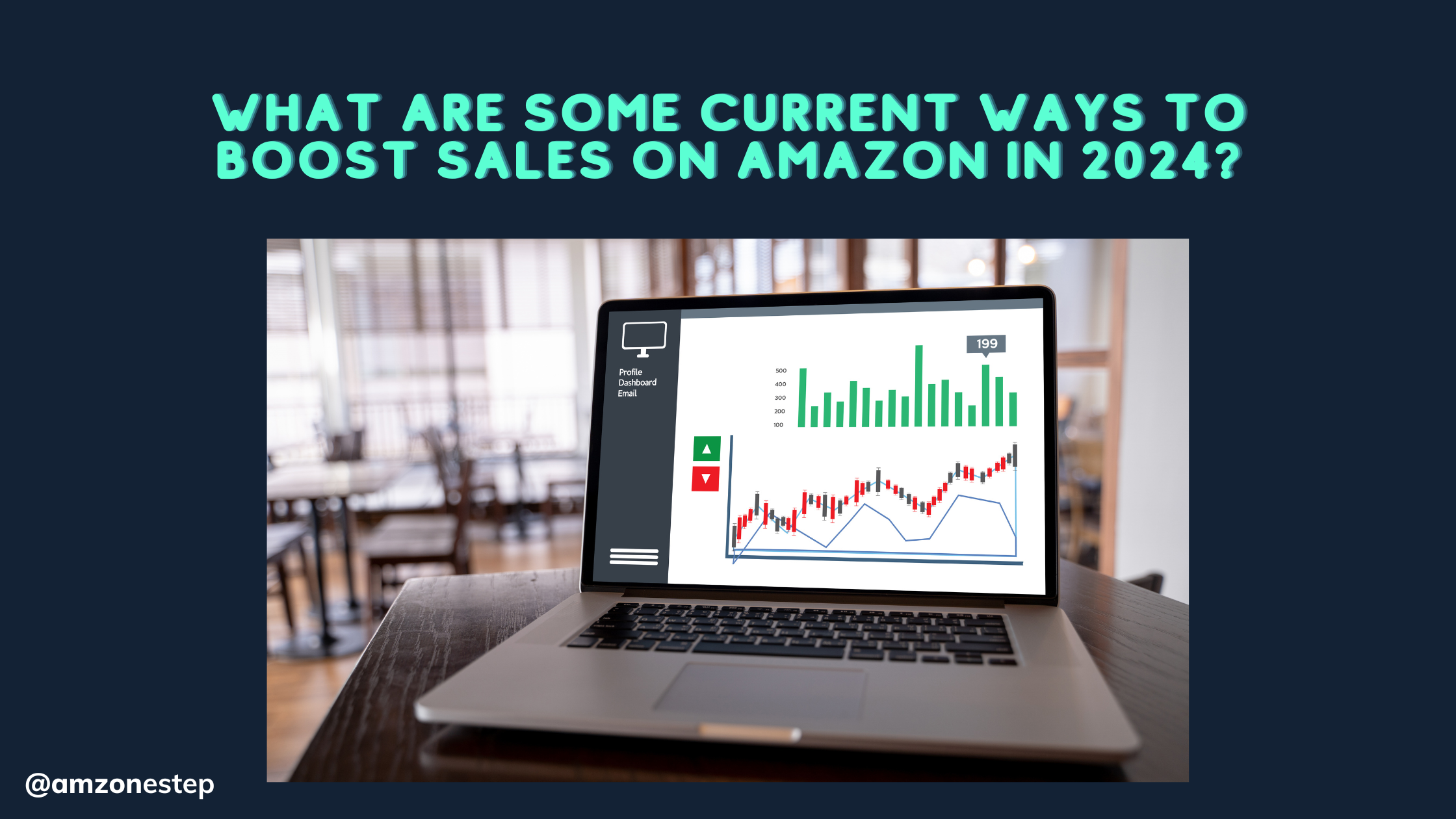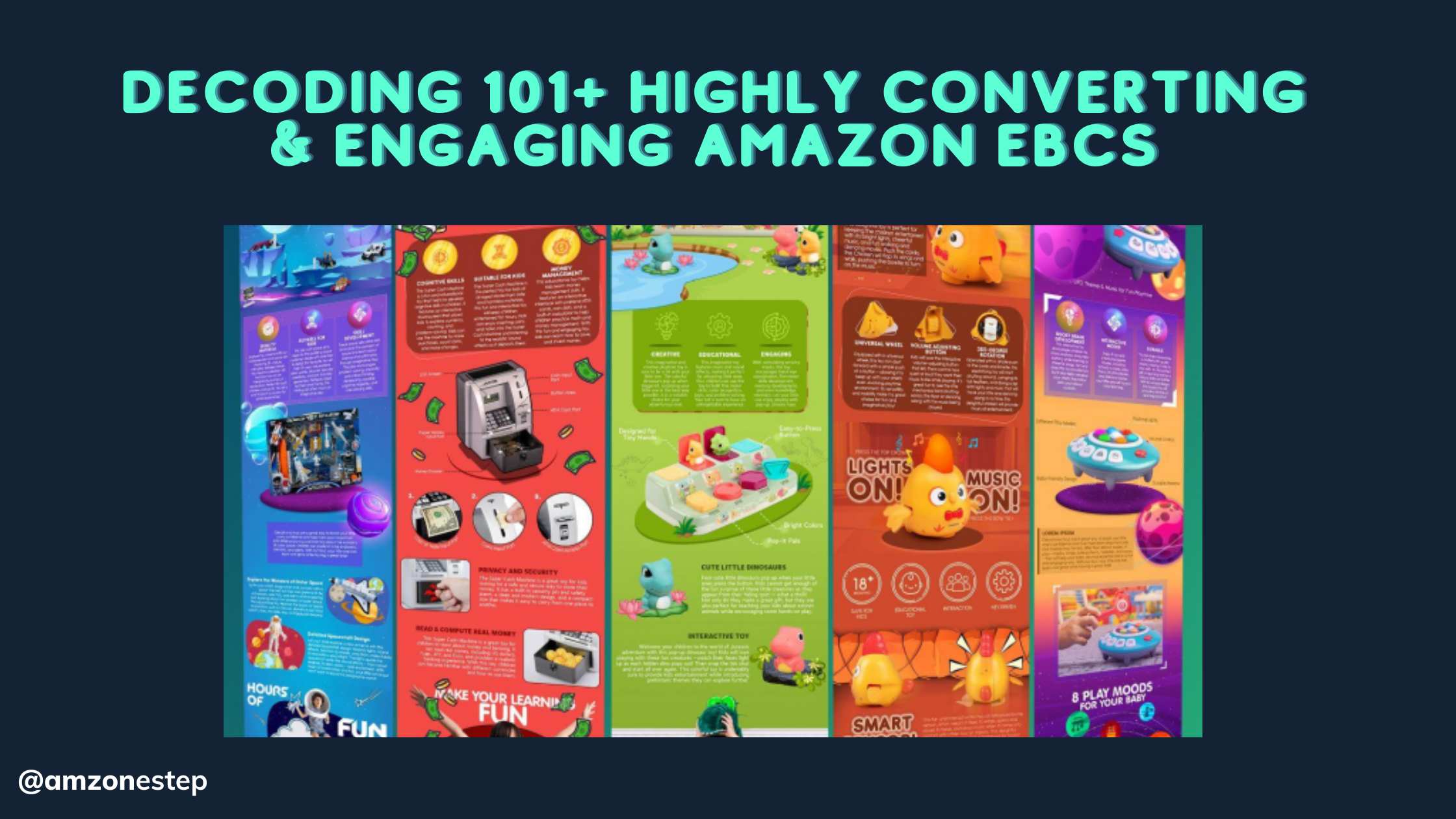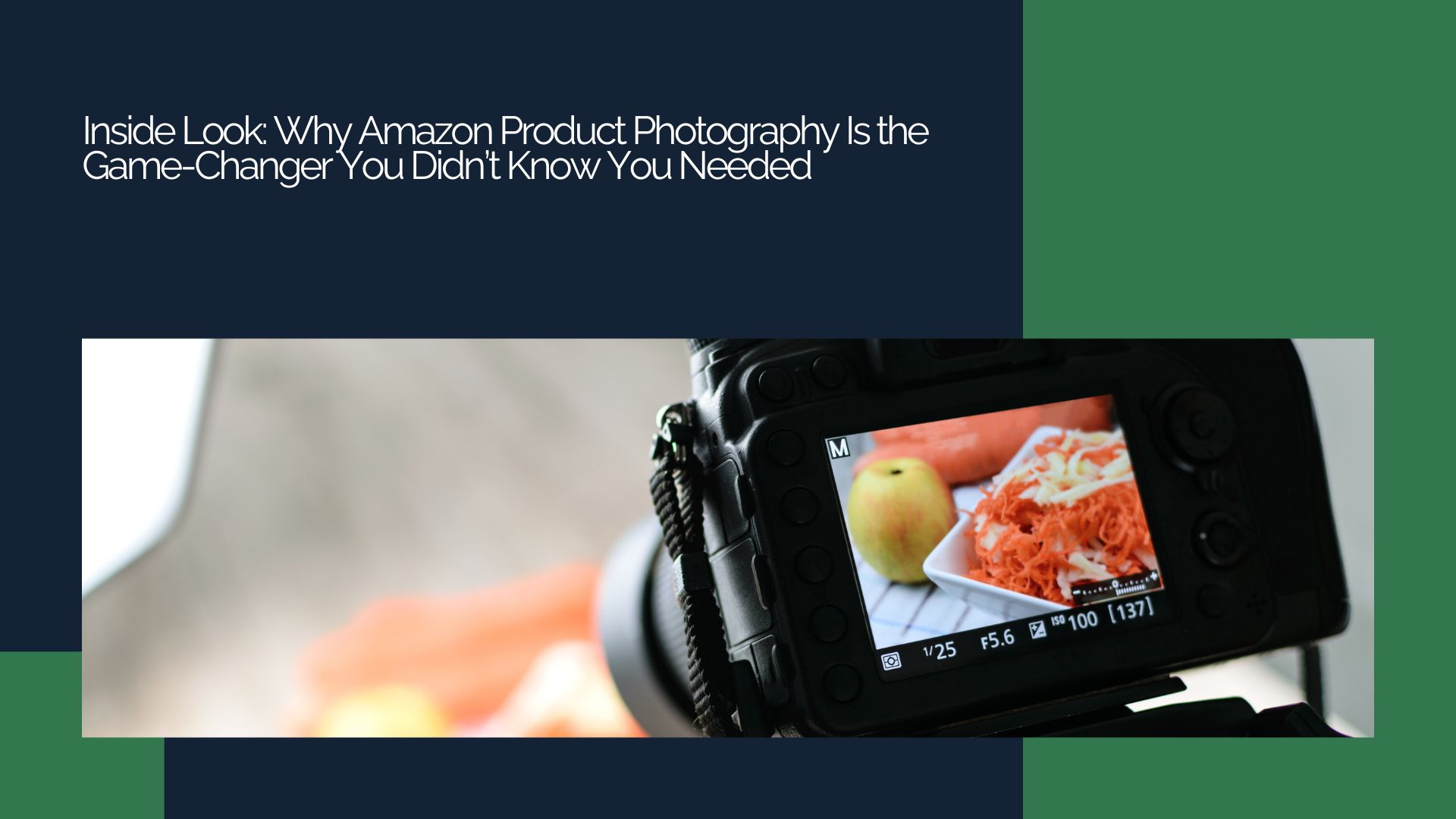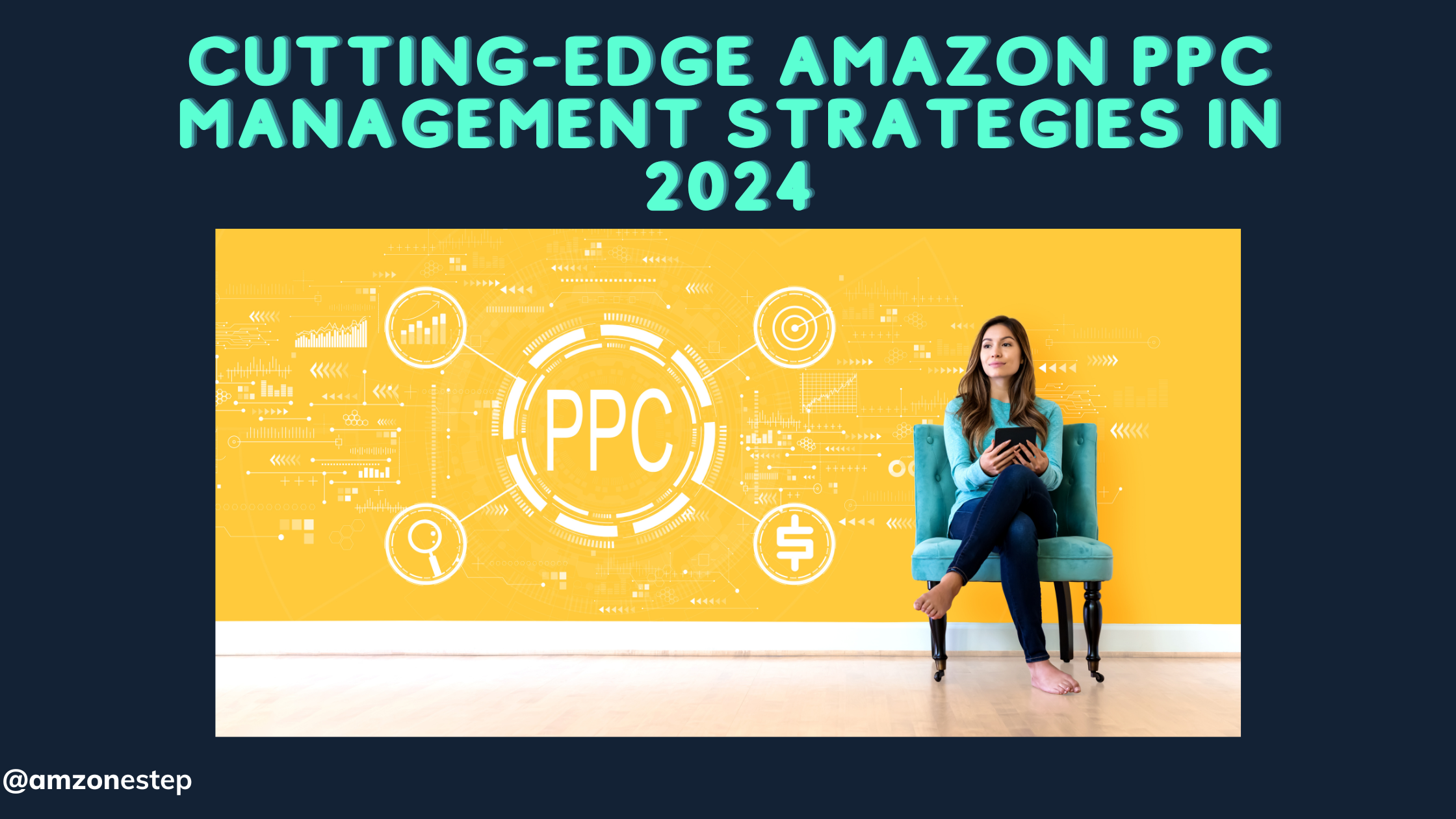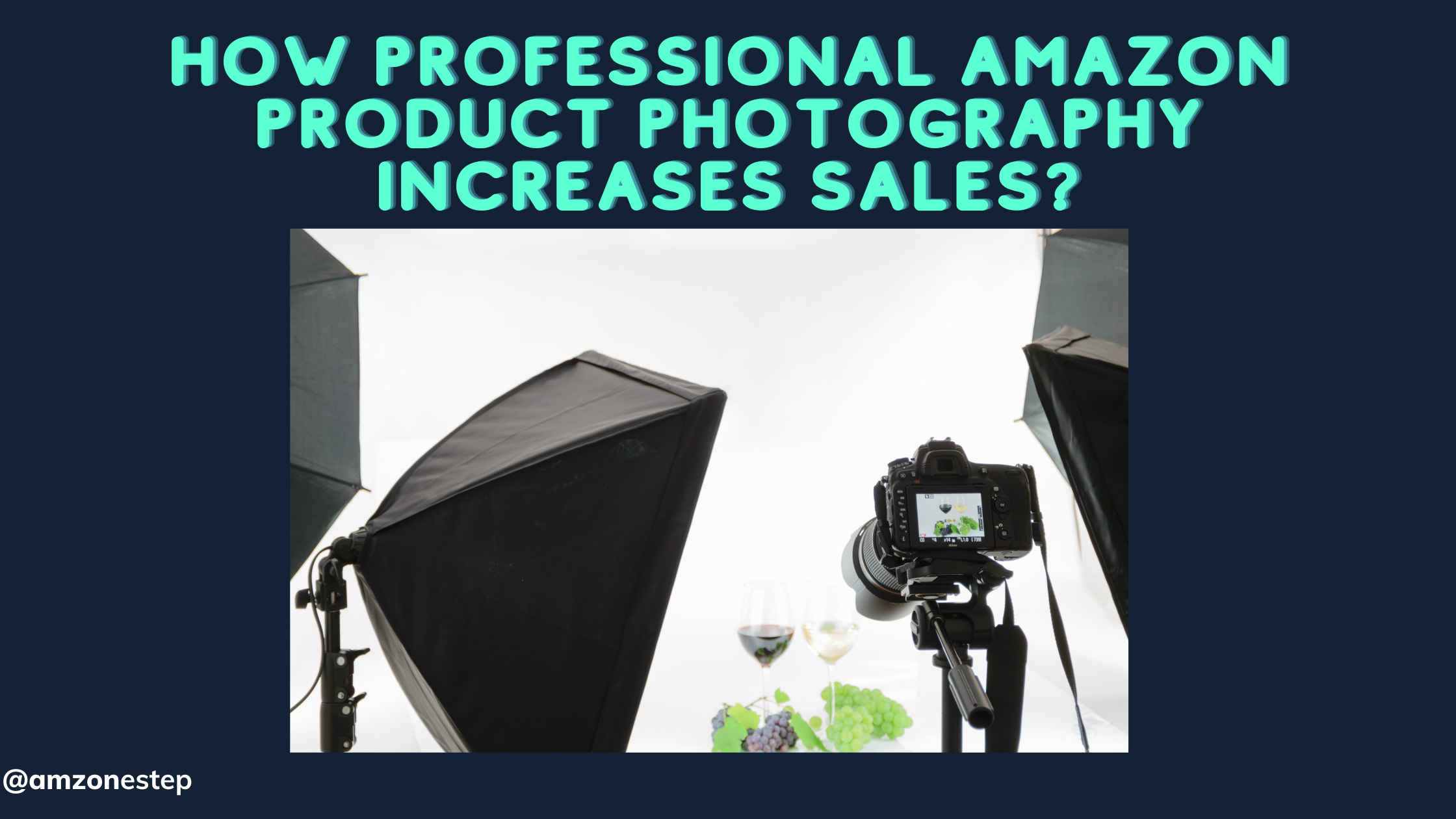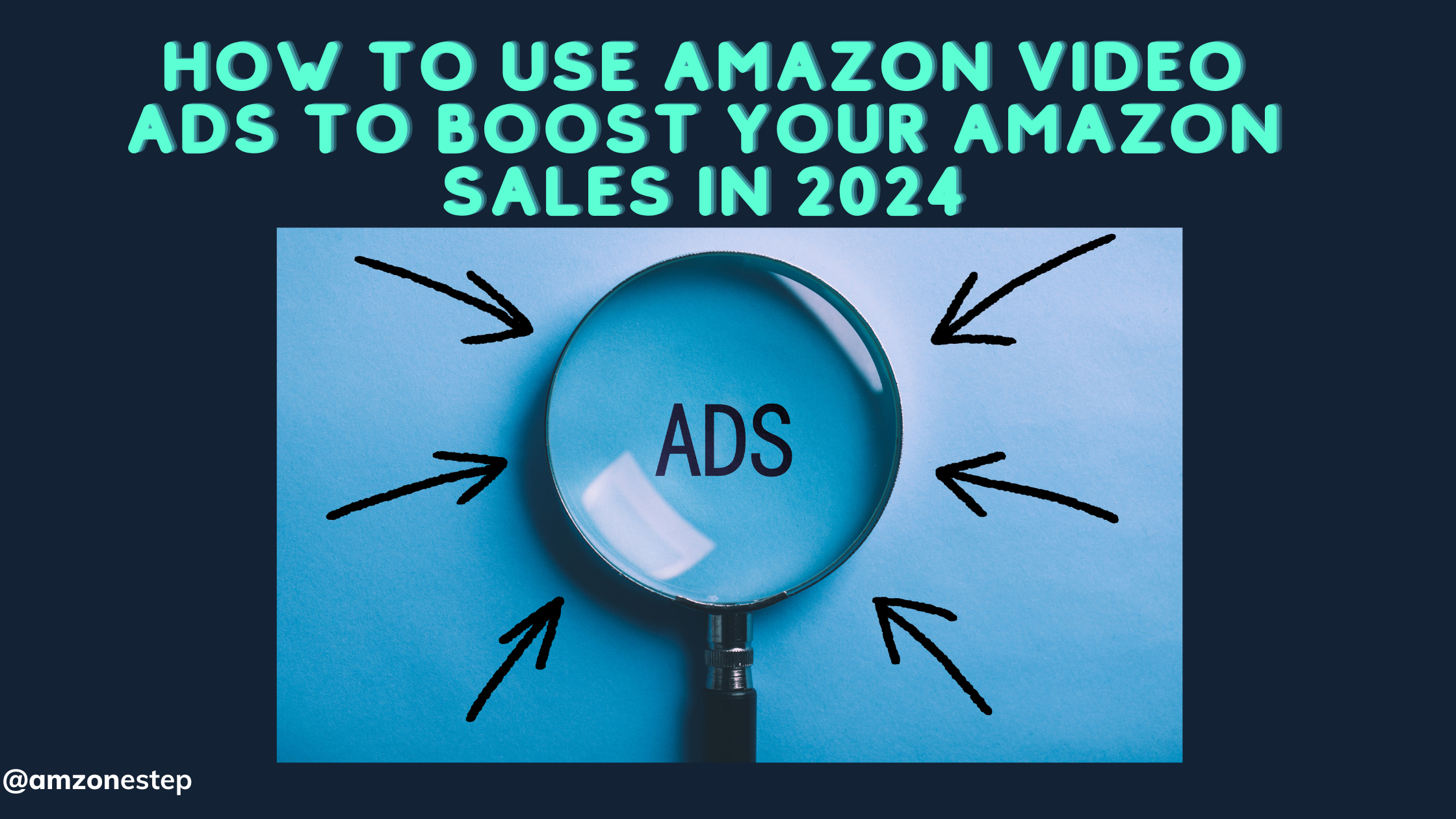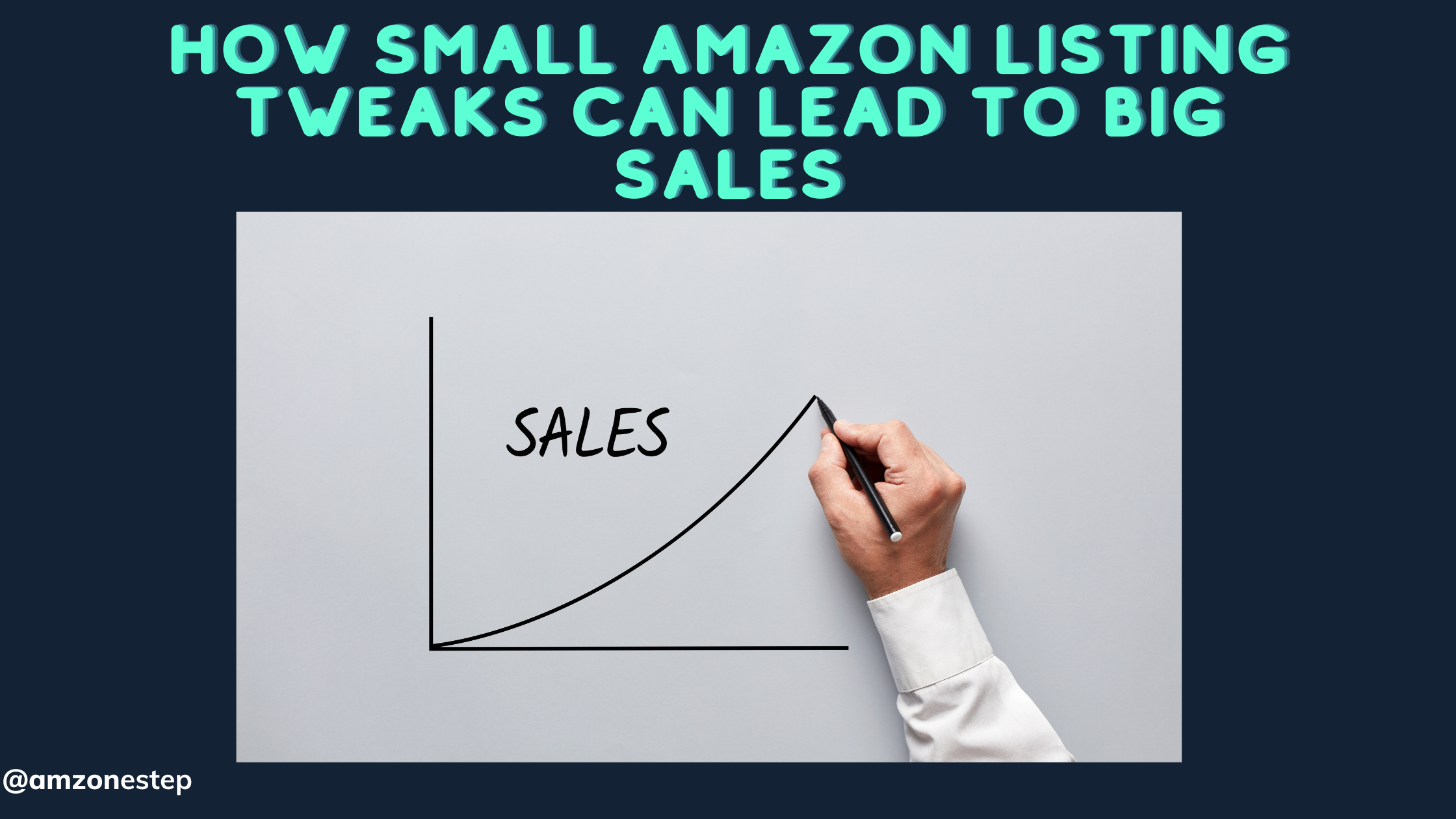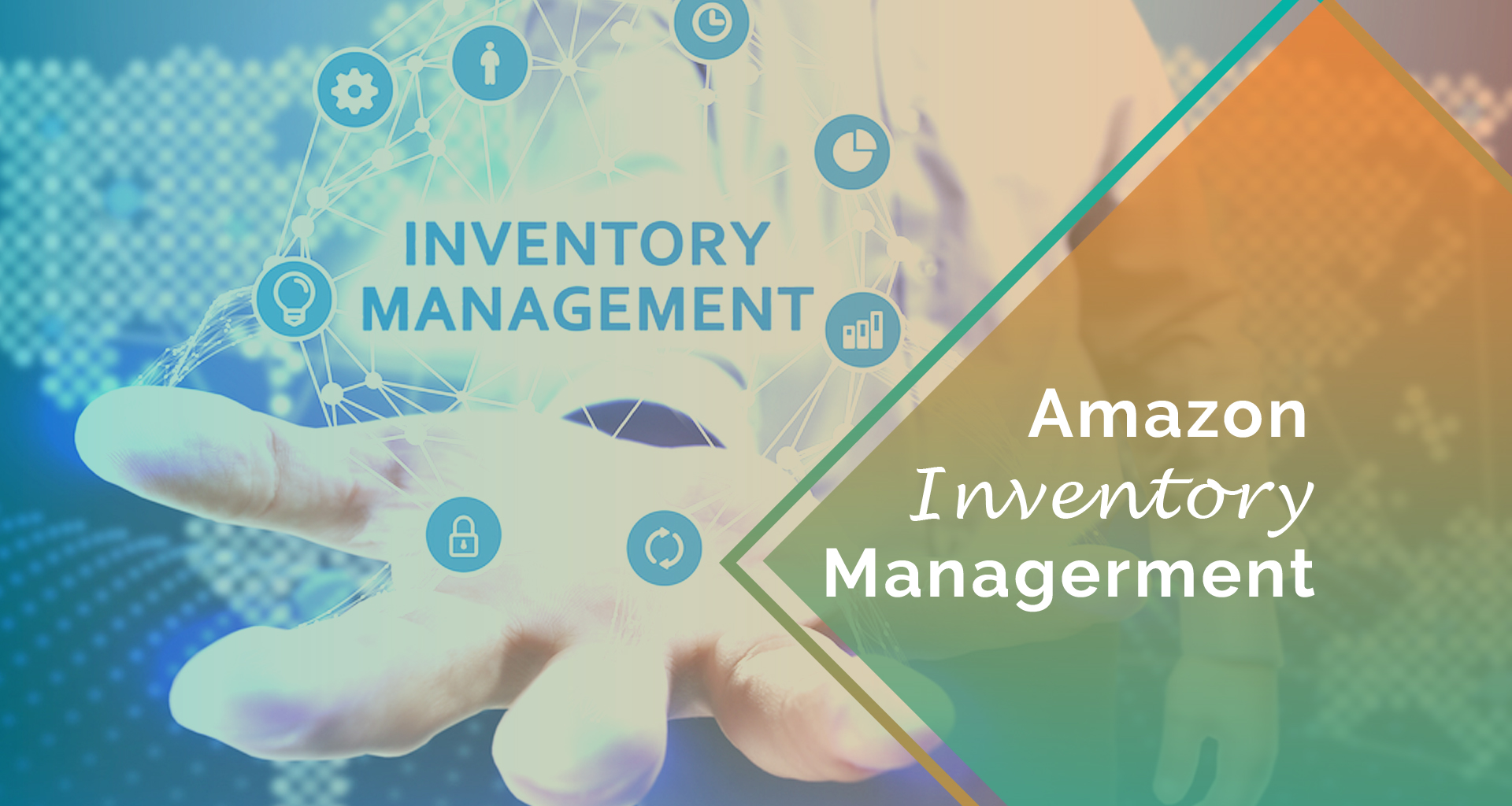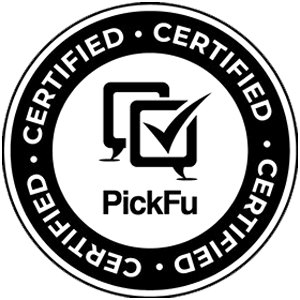Ok, you launched your first Amazon listing. Orders should come rolling in soon!

Wait, where are the sales? Why is my Amazon listing not converting?
All jokes aside, if your listing isn’t converting customers even after an extensive amount of time past its launch, something is wrong. Differentiation is going to be the keyword when it comes to conversions, and you should not come to expect any success without it. Every component of your listing is an opportunity to differentiate yourself from the competitors. When there is a lack of differentiation, listings do not convert. Creating a compelling product listing is very important if you want to attract potential customers.
Having the right images, reviews, price, keywords, and prime eligibility are all factors you have to consider in order to create a successful listing that will convert.
Table of Contents
Read More:- Lessons Learned After Creating 25,000 Amazon Listing Images
In this blog, we’ll look at the 5 most common reasons why your listing isn’t converting and hopefully identify how you can fix it.
1. Main Image
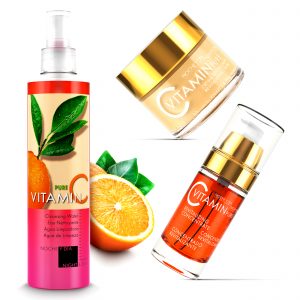
The main image is one of the most important components of your entire Amazon listing, so when your main image is not up to par, it may cause issues for your listing’s success.
The main image is like the first hurdle of getting a person into your store. Once that person is in your store (i.e. On your listing), then it is the copy, additional images, and A+ content that really sells them on the product.
That is not to say the copy and additional images should be underestimated. Although the main image gets people in the door, the copy and additional images are what finally convince the person browsing to buy.
The main image converts impressions to sessions. The additional images and copy convert the sessions into conversions.
Read More:- 10 Things You Should Not Be Doing In Amazon Listing Optimization
So what can you do to improve your main image?
Well…
1. Make sure it is professional, make sure it is desirable, and make sure it stands out.
2. Or you could simply hire an agency to do it for you. If you’re unsure how you can make your images better, you can always contact us here at AMZ One Step, and we’ll help you with every Amazon photography need you may have.
2. Reviews
Over the years, Amazon has continuously focused on improving the quality of reviews and ensuring that they are authentic. This has been happening in a bid to balance the need for quick responses and the desire to provide good feedback.
Reviews are tough because you really have no control over them. There are two types of review issues that can arise.
Issue A: It could be that you have no reviews. Everyone starts out here, so you’re not alone, nor should you get discouraged.
What I would recommend is sending your products to friends and family and getting them to review your product. You want to shoot for at least 10+ reviews to really get you off your feet, and I think it’s achievable by doing this.
That being said, don’t get your entire family in your house to order a product each. Four orders from the same location accompanied by all copy and pasted 5-star reviews will likely trigger Amazon’s algorithm. If the algorithm is triggered, Amazon may suppress your listing for artificially pumping reviews.
Reviews on Amazon are about maintaining a good momentum of reviews coming in on a regular basis. So you are going to need reviews coming in at a constant rate. If you get a massive amount of reviews and then nothing, it may trigger Amazon’s algorithm to prevent people from boosting.
Read More:- A Comprehensive Guide to Amazon Listing Optimization 2022
Issue B: You’ve accumulated a number of negative reviews.

Unfortunately this a considerably tougher position to be in compared to issue A. This means several people were dissatisfied enough with your product that they took the time to come back and leave a bad review.
It’s time to take a hard look at your product and decide whether or not it’s time to abandon the ship. Can your product be improved enough that you could start to get positive reviews?
If you can improve the item, then maybe this product is salvageable, and you can average out the bad reviews with good ones.
If it is just an extremely low-quality product and you just did it to make a quick buck while the type of product was trendy, it’s probably time to let it go.
Read More:- How to do Amazon Listing Optimization to make your product best
3. Price

Next, let’s take a look at your price. Contrary to popular belief, a price reduction isn’t always the answer.
Finding the right price is very important when it comes to optimizing your listing. There are a number of factors that go into choosing the right price, such as quality, profitability, and competition.
Price comparison is one of the most effective ways to improve your listing. It can help you find the right price for your product, and it can also help you get more conversions. Doing so helps avoid wasting your time and money.
You can attempt to split test your price for your product. For example, say your product is $5. You could try a decreased price of $4.50 and then an increased price of $5.50. See which one leads to more conversions.
It could be that your price is too high for the product, or it could be that it isn’t high enough. You need to evaluate the niche.
Niche or niche. Whatever.
And say, is a price drop going to differentiate me from the competition, which in turn will lead to conversions? If not, then a price reduction is clearly not the answer.
Increasing the price can actually differentiate you in a positive way as well. If people see your price is slightly higher, they may have a fear of missing out. By spending, say, only two more dollars, they get your slightly better product over a competitor’s, and it lives up to their expectations. Then you start getting positive reviews, and you start the momentum of more conversions.
Read More:- This Is What You Should Do If Someone Has Stolen Your Listing Images On Amazon (2021)
4. Seller Dominance
Seller dominance is when one really competitive seller in the niche takes up most of the market share. Similar to reviews, this issue is borderline uncontrollable.
There are two ways to go about this.
Let’s say your selling headphones. You are now competing with Bose, Sony, JBL, etc. How can you ever hope to compete in the market?
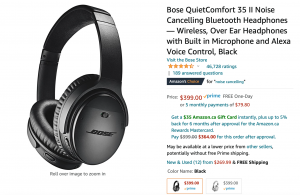
Option 1: If you have no outstanding differentiating factor, which, let’s be real, it’d be hard to innovate past those companies.
The solution is to pivot and target different keywords.
Say the big companies are targeting “headphones.” Clearly, you’ll never rank with that. But say you put Sustainably made headphones. Although it’s a lot more niche, if the big guys aren’t targeting those keywords, you may have a chance.
Option 2: The second situation would be where there is seller dominance to the extent that one seller basically has a monopoly over the niche. This is where someone is selling a similar product, but at a price, amount of reviews, and quality of listing you just can’t compete with.
I would try pivoting as hard as possible, but in some cases, it’s just too competitive to remain active within the space.
Read More:- 5 Things You Need to do for a Killer Amazon Product Listing
5. Prime Eligibility
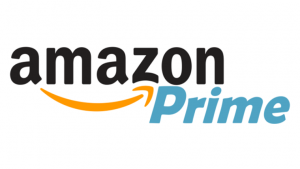
Fulfillment by Amazon (FBA) is one of the most effective ways to increase conversion rates. It’s also one of the most secure and easy ways to get your products into Prime. Having Prime badges on your inventory makes it more attractive to buyers.
Now, this point may not be as detrimental to the success of your listing, but it can play a role. When I shop for products like maybe a charger where I’m fairly indifferent on brand, and most of the specs are the same, I’ll choose the charger that has prime delivery.
Conclusion
There are many ways to improve your Amazon listing’s conversion rate, but each strategy has its own unique characteristics. A few different elements of your listing will help determine which ones will work for you.
The most important statistic in any business is the conversion rate. It shows how well your efforts are affecting your sales.
It’s all about differentiation because differentiation = sales. So these are the top 5 areas where people can help to increase their differentiation.
Hopefully, this blog aids you in reevaluating your listing so that you can increase conversion and make a ton of sales!
If you would like to stay up to date on other useful blogs for Amazon sellers, connect with me on LinkedIn or follow me on Twitter @nolanswriting.

Hi there! I’m the content marketing and branding specialist for AMZ One Step. I work hard to create engaging and informative content that helps our readers learn more about Amazon selling and how to make the most of their businesses. I love spending time with my family and exploring literary works when I’m not writing or working on projects.


